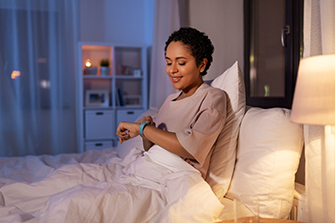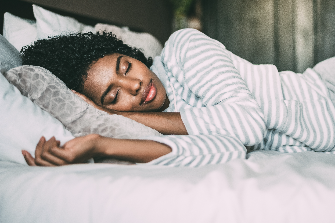Why You Should Get a New Bedtime Routine
Do you have a bedtime routine? Many adults don’t, or if they do, it is not a healthy one. Bedtime routines aren’t just for kids; they are important for people of all ages. It sets the stage for the night and how your body reacts to sleep. If you are having trouble sleeping or are experiencing sleep apnea symptoms, a great place to start when looking for symptom relief is to change up your bedtime routine. Keep reading to learn more about why your bedtime routine matters and how sleep apnea treatment can help if nothing else will.
Facts About Bedtime Routines
According to the Sleep Foundation, for those who do not get enough sleep on a regular basis, implementing a bedtime routine can provide a foundation for sufficient rest. A bedtime routine is a set of activities you perform in the same order, every night, in the 30 to 60 minutes before going to bed.
Your bedtime routine can be tailored to fit your specific needs and sleep environment. By incorporating sleep hygiene tips into your daily regimen, you can prime your body and mind for restful sleep.
Not only will a bedtime routine help you sleep better, but it can also improve your overall health. It can reduce stress and anxiety and promote other healthy habits.
The Healthiest Bedtime Routine
Wondering what the best bedtime routine is to ensure a good night’s sleep? Here are the best tips you can try:
- Keep your bedroom for sleep only. Your bed should be used for sleep only (and, ahem, the other thing, too). Don’t work in bed, eat in bed, or otherwise lounge in bed—find another space for things like that.
- Avoid electronics before bed. This is the most difficult one for most adults. Avoid your phone, television, and other electronics at least thirty minutes before bed, ideally an hour.
- Find a relaxing activity to wind down. Take a hot shower, do some stretches, or turn on some relaxing music in the moments leading up to bedtime to signal to your body that it is time to go to sleep.
- Set a good stage. Keep your room cool, have plenty of pillows, and indulge in great sheets and blankets to keep comfortable.
Sleep Apnea Treatment
If you have tried everything to change up your bedtime routine and you’re still not getting great sleep, it could be because you’re suffering from sleep apnea.
Sleep apnea is a dangerous condition that can lead to several severe health issues, such as obesity and cardiovascular conditions.
Sleep apnea can also cause repeated awakenings during the night, especially to urinate. It can also cause daytime drowsiness, headaches, and many more painful daytime symptoms.
Luckily, there is treatment available for sleep apnea that doesn’t involve invasive surgery or a CPAP machine. If you suspect you may have sleep apnea, we can help you.
For more information, visit us at AdvancedSleepandTMJSolutions.com!









